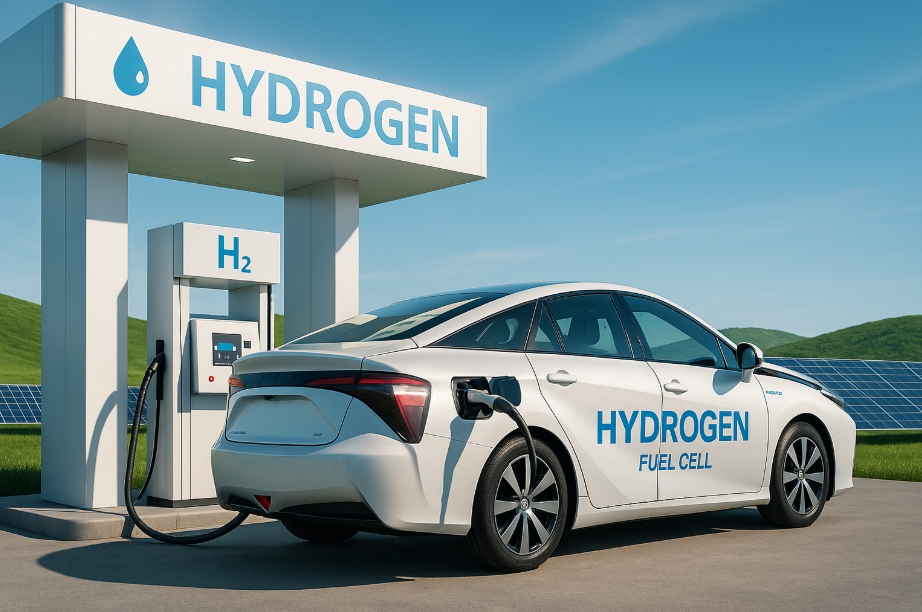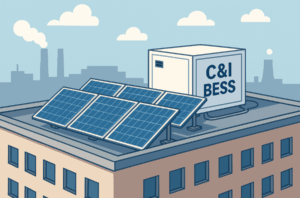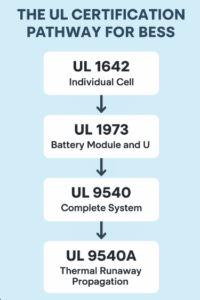- You have no items in your shopping cart
- Subtotal: $0.00

What Are Hydrogen Fuel Cells?
Hydrogen fuel cells are devices that convert hydrogen gas into electricity through a chemical reaction with oxygen. This process produces electricity, water, and heat—and no harmful emissions. They are considered a clean and efficient alternative to fossil fuels, especially in sectors like transportation, backup power, and industrial energy systems.
As the world searches for sustainable energy sources, hydrogen fuel cells are gaining serious attention. But are they truly the future of clean energy? Let’s take a closer look at the pros and cons of hydrogen fuel cells.
✅ Pros of Hydrogen Fuel Cells
1. Zero Emissions at Point of Use
2. High Efficiency
Hydrogen fuel cells are more efficient than combustion engines. A conventional internal combustion engine converts about 25–30% of energy from fuel into useful power, while hydrogen fuel cells can reach up to 60% efficiency in vehicles and even higher in combined heat and power (CHP) applications.
3. Fast Refueling Time
Unlike batteries that take hours to charge, hydrogen tanks can be refueled in under 5 minutes, making them ideal for long-haul transportation, buses, and heavy-duty vehicles.
4. Lightweight Energy Storage
Hydrogen has a high energy-to-weight ratio. This makes it perfect for applications where weight is critical—such as aerospace, drones, and trains—where heavy batteries might not be feasible.
5. Scalability and Versatility
Hydrogen fuel cells can be scaled for a wide range of uses—from small portable devices to power plants. They can be used for:
- Stationary power (home or commercial)
- Vehicles (cars, buses, trucks, trains)
- Industrial processes
- Backup power for hospitals and data centers
6. Energy Independence & Grid Support
Hydrogen can be produced locally using renewable energy (via electrolysis), reducing dependence on fossil fuel imports. It can also help store surplus solar or wind energy as hydrogen for use when needed—acting as a long-duration energy storage solution.
❌ Cons of Hydrogen Fuel Cells
1. High Production Costs
Producing hydrogen—especially green hydrogen using renewable energy—is expensive. Most hydrogen today is made from natural gas (gray hydrogen), which emits CO₂. Electrolysis is cleaner but 3–5 times more costly.
2. Hydrogen Storage Challenges
Hydrogen is the lightest and smallest molecule, making it hard to store and transport. It needs to be:
- Compressed to high pressure (350–700 bar)
- Liquefied at cryogenic temperatures (−253°C)
- Or stored in chemical form (metal hydrides)
All of these require complex and costly infrastructure.
3. Limited Refueling Infrastructure
There are very few hydrogen refueling stations globally. This limits the adoption of hydrogen fuel cell vehicles (FCEVs). Unlike electric chargers, hydrogen stations are costly and complex to build.
4. Energy Losses in Conversion
Hydrogen must be:
- Produced (e.g., via electrolysis)
- Compressed or liquefied
- Transported
- Converted back into electricity
Each step has energy losses. Overall efficiency from renewable electricity to usable hydrogen power can be as low as 30–40%.
5. Safety Concerns
Hydrogen is highly flammable and leaks easily. Though it disperses quickly, safety protocols and robust equipment are essential. Public perception and regulatory hurdles can delay deployment.
6. Low Public Awareness and Adoption
Compared to electric vehicles (EVs), fuel cell vehicles are still new to most consumers. A lack of awareness, high costs, and few models available hinder mainstream adoption.
⚖️ Hydrogen Fuel Cells vs. Battery Electric Vehicles (BEVs)
| Feature | Hydrogen Fuel Cells (FCEVs) | Battery Electric Vehicles (BEVs) |
|---|---|---|
| Emissions | Zero at point of use | Zero at point of use |
| Refueling Time | 3–5 minutes | 30 minutes – several hours |
| Range | 500–700 km | 300–500 km |
| Infrastructure | Very limited | Widely available |
| Energy Efficiency | 30–40% (well-to-wheel) | 70–90% (well-to-wheel) |
| Vehicle Cost | Higher | Lower (declining rapidly) |
| Best Use Case | Heavy-duty & long-haul | Passenger & light-duty vehicles |
💡 Real-World Applications of Hydrogen Fuel Cells
- Toyota Mirai and Hyundai Nexo: Hydrogen fuel cell cars with long ranges and quick refueling.
- Hydrogen-powered trains: Like Alstom’s Coradia iLint in Europe.
- Forklifts: Used in warehouses for quick turnaround without battery swapping.
- Backup power systems: For hospitals, telecom, and military bases.
🧠 Frequently Asked Questions (FAQs)
Q1: Are hydrogen fuel cells better than batteries?
It depends. For short-range, personal transport, batteries are more efficient and practical. For long-range, heavy-duty, or industrial use, hydrogen has key advantages.
Q2: Is hydrogen really green?
Only green hydrogen, made from electrolysis using renewable energy, is 100% clean. Most current hydrogen is gray or blue, which still emits CO₂ unless carbon capture is used.
Q3: Why aren’t hydrogen vehicles popular yet?
Due to high costs, limited refueling stations, and competition from electric vehicles. As infrastructure improves and production costs fall, adoption may rise.
Q4: What industries benefit most from hydrogen?
Heavy transport (trucks, trains, ships)
Industrial processes (steel, fertilizer)
Energy storage for renewable grids
Remote backup power
🎯 Final Thoughts
Hydrogen fuel cells offer a clean, efficient, and scalable energy solution—but they come with challenges that still need to be overcome. As technologies evolve, costs drop, and infrastructure grows, hydrogen could play a vital role in decarbonizing sectors that are hard to electrify.
Whether hydrogen becomes the star of the clean energy transition or remains a supporting actor will depend on policy support, technological innovation, and market demand.
👉 If you’re in the energy sector, stay informed and start exploring where hydrogen fits into your strategy.



